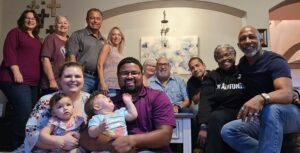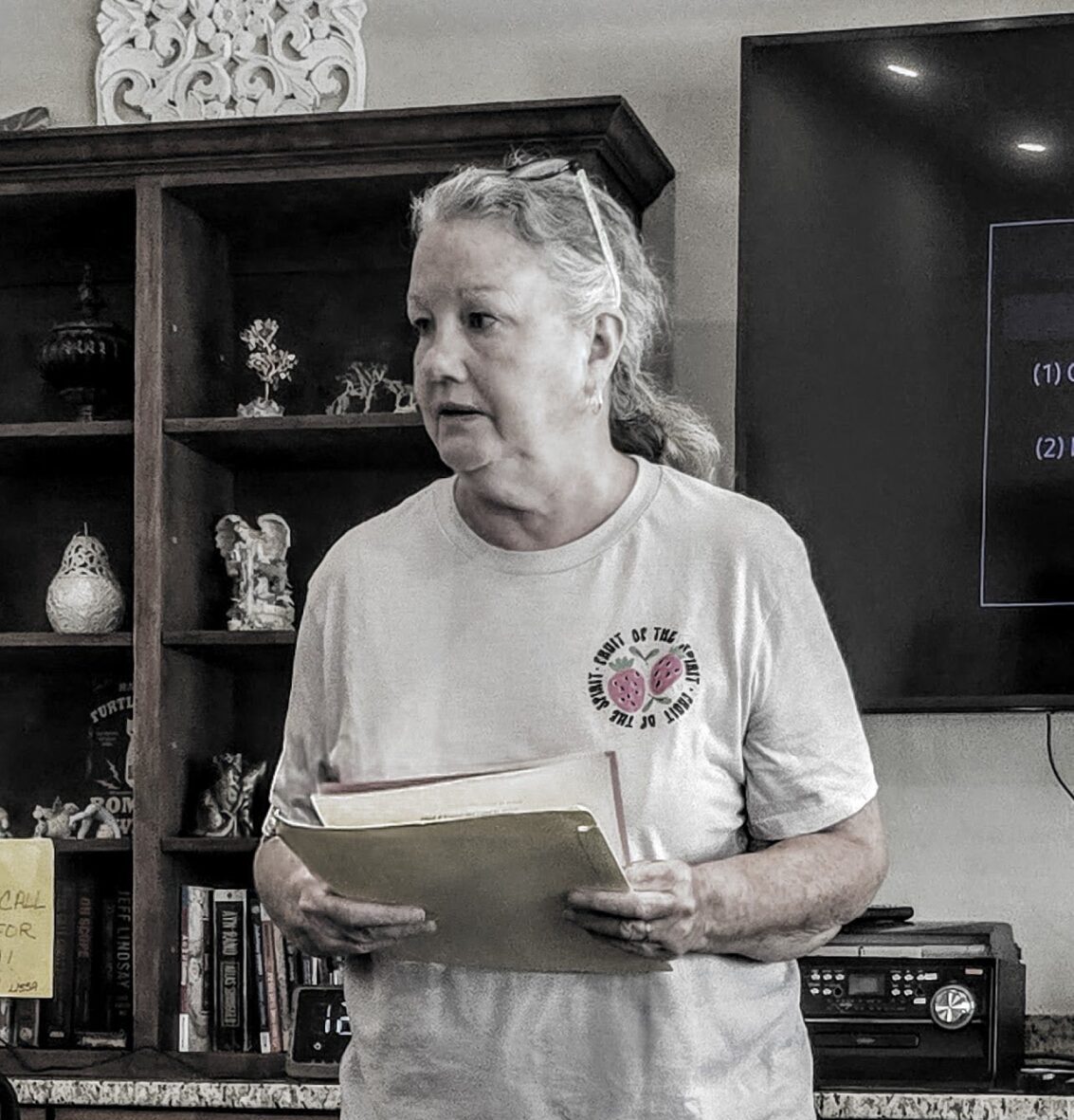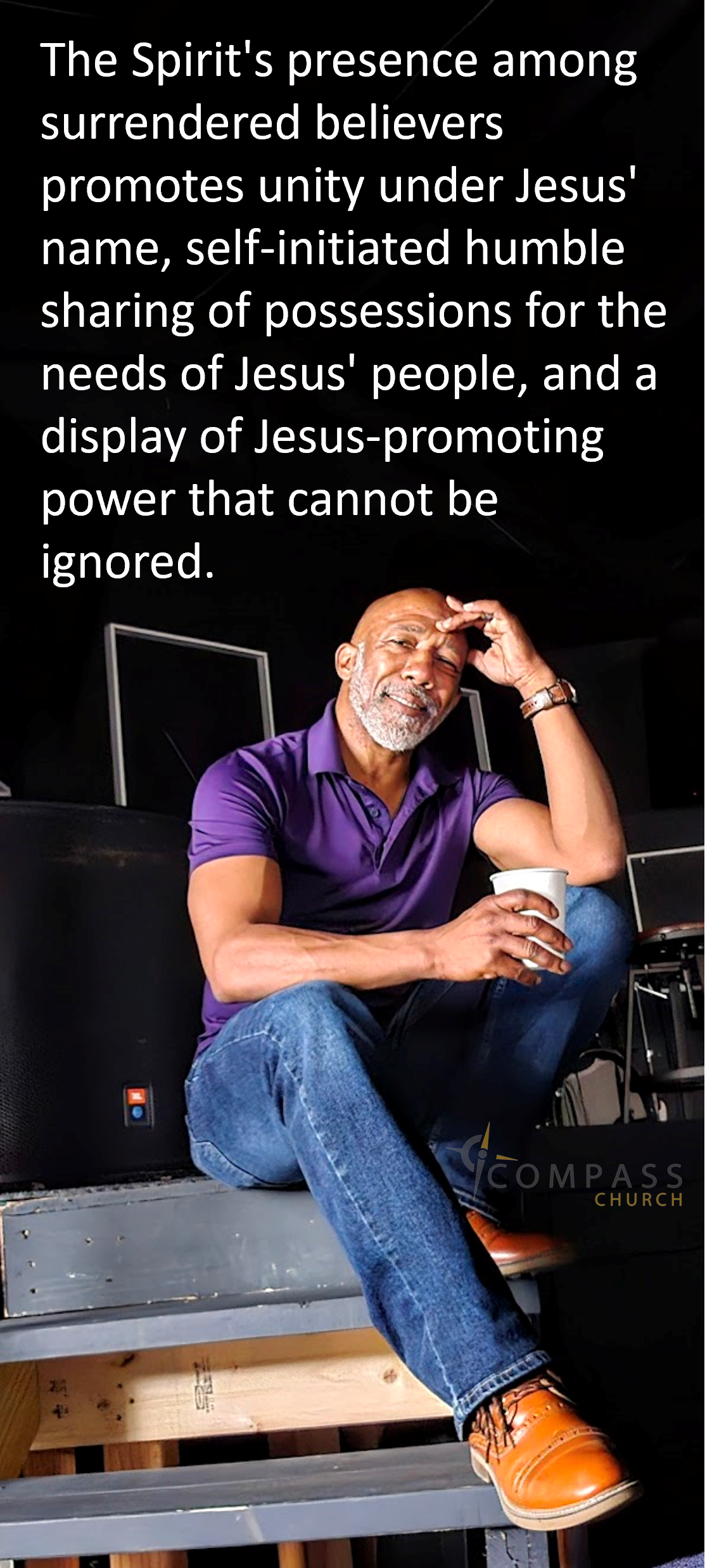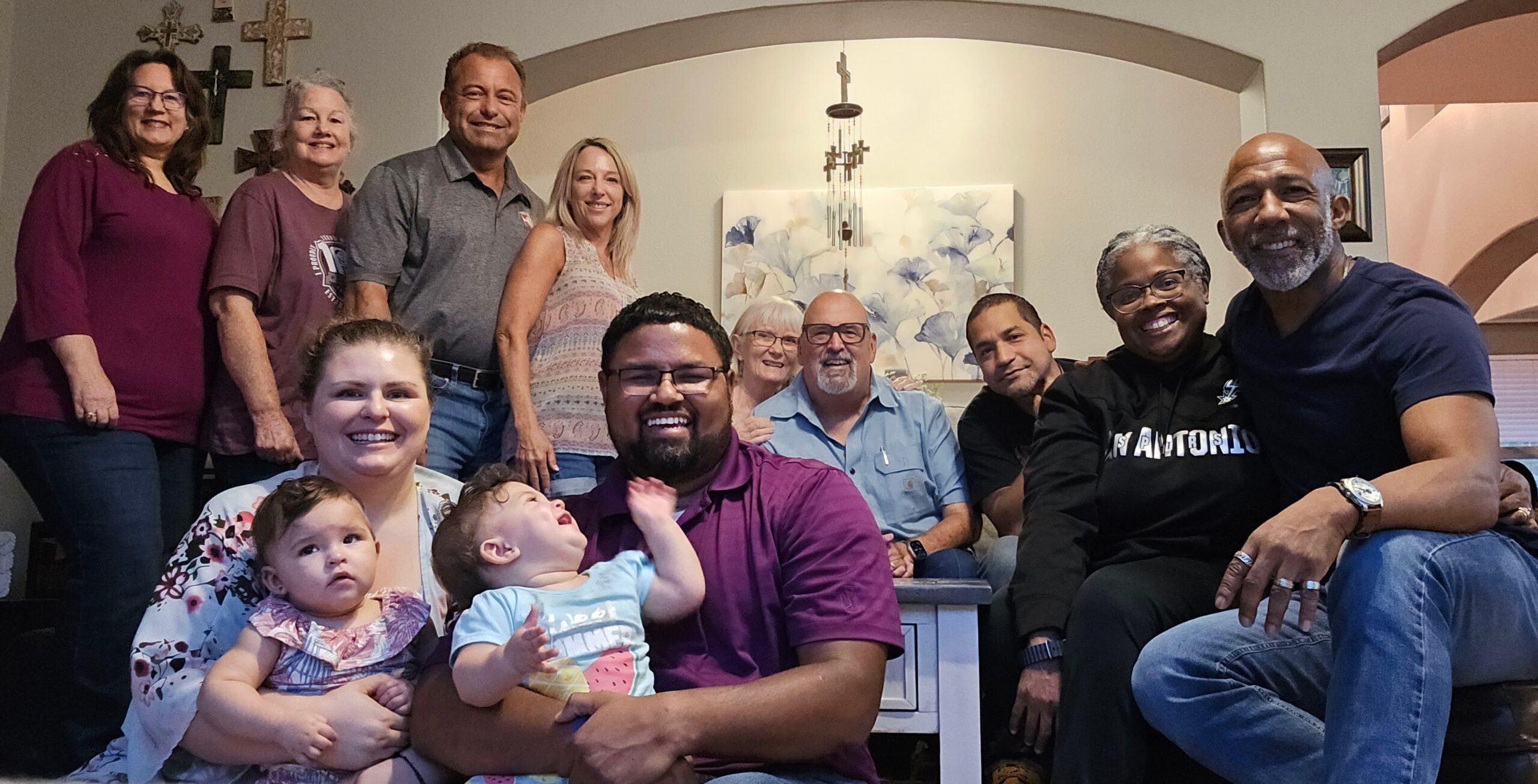Introduction
This is the second time that the reader is told summarily that the people had all things in common (Acts 2:44, 4:32). But where the first summary is used to close a description of the immediate outworking and character of the early church in its new anointing (Acts 2:43-47), this report opens a lesson on the purpose of the power of the Spirit in leaders (Acts 4:32-37), the character of the Spirit as seen in the people being led (Acts 4:34-37), and the serious sin of lying among those set apart by God (Acts 5:1-11). This passage is a powerful study in the consequences of surrendered and unsurrendered living in saints. F. F. Bruce, in his classic commentary on Acts, says
The summary contained in these verses is similar to that in 2:43–47, but serves a different purpose in the narrative. The earlier summary concluded the account of the day of Pentecost; this summary introduces the contrasted episodes of Barnabas and Ananias. (Bruce, 1988, p. 100)
If you will tarry with me in this post for just a moment in the study of Acts 4:32-5:11, we will come away understanding three things: (1) the why of our anointing, (2) the sign of our anointing, (3) and the seriousness of seeing and respecting the mission of church community.
When The Kingdom Came (Acts 4:32-35; Romans 14:17)
32 Now the multitude of those who believed were of one heart and one soul; neither did anyone say that any of the things he possessed was his own, but they had all things in common. 33 And with great power the apostles gave witness to the resurrection of the Lord Jesus. And great grace was upon them all. 34 Nor was there anyone among them who lacked; for all who were possessors of lands or houses sold them, and brought the proceeds of the things that were sold, 35 and laid them at the apostles’ feet; and they distributed to each as anyone had need.
The Kingdom Came in Attitude (Acts 4:32a) – The great company of people that has placed its faith in Christ is characterized by unity. They were of one heart. That is to say that they were unified in their desire to make Him known; the heart may be regarded as the seat of my desire and central to my consciousness and ability to aspire (Acts 4:29-30; Genesis 6:5-6; Genesis 43:30; Deuteronomy 6:6). They are also said to be of one soul. Where the heart is regarded as the seat of my desires the soul encompasses all that I am; it is, in many ways, my identity.
- Psalm 103:1-2 – 1 Bless the Lord, O my soul; And all that is within me, bless His holy name! 2 Bless the Lord, O my soul, And forget not all His benefits:
- Matthew 16:26 – 26 For what profit is it to a man if he gains the whole world, and loses his own soul? Or what will a man give in exchange for his soul?
- Luke 12:20 – 20 But God said to him, ‘Fool! This night your soul will be required of you; then whose will those things be which you have provided?’
In fact the word soul means self more than the word self means self. To speak of the saving of oneself is really to refer to the soul. While it may be an acronym, the distress letters SOS are said to mean save our souls not save our selves. Even today it is common to refer the count of passengers on a plane or ship as the number of souls on board.
The church, at this point in the account from Luke, has no division in it. There are no denominations, no designations for people who believe in tongues and those who don’t, no associations for congregations that only use particular translations of the Bible. The church is unified under Jesus and in that sense has one identity or soul.
Arguing is absent and the progress of the church is not hindered by warring agendas; the people are unified in their ambition to make Jesus known (Psalm 133:1-2) – to be His witnesses (Acts 1:8; John 15:27). A disposition of meekness, generosity, and sharing with one another is ruling the day (James 3:13-18). The unanimity in their thinking and great graciousness toward one another is the outworking of their changed natures. In this way they signify to Jesus their surrender to Him and certify to the world that they are His followers:
34 A new commandment I give to you, that you love one another; as I have loved you, that you also love one another. 35 By this all will know that you are My disciples, if you have love for one another.” (John 13:34-35)
The community is a spectacle, a marvel among men, and grand departure from the world’s way of working. The kingdom of God has come (Romans 14:17).
17 for the kingdom of God is not eating and drinking, but righteousness and peace and joy in the Holy Spirit. (Romans 14:17)
The Kingdom Came in Action (Acts 4:32b) – The new community is nothing like the world around them. They are peculiar, when compared to ancient or modern congregations, in their consideration of the needs of one another and their conduct with earthly things. Readers are peering into a strange world when told that neither did anyone say that any of the things he possessed was his own (Acts 4:32). Think on that: people who own things consider those things as belonging to the community – as common. If you force this idea on someone it is communism and an attempt to better society through an ungodly and dehumanizing overreach into personal affairs. But what do you say when people do it on their own? Imagine the conversation today:
Frank – Walking up to Bob as he is sitting counting out change for bus fare Frank speaks, “Bob, we noticed that you do not have a car and that you need one to get to work. Here are the keys to a good working vehicle.”
Bob – With a look of gladness and confusion he says, “Who’s car is this?”
Frank – With a smile he says on behalf of the group Frank says, “Ours, Bob. It is our car.”
In the midst of all this harmony and helping one another the Spirit of God is using this period of peculiar peace to make surrounding people see the resurrection of the Lord Jesus (Acts 4:33). To what end? Again, the unity, the uncommon sharing, and the supernatural powers are all present for one reason – to make Him known.
8 But you shall receive power when the Holy Spirit has come upon you; and you shall be witnesses to Me in Jerusalem, and in all Judea and Samaria, and to the end of the earth. (Acts 1:8)
In the latter part of Acts 4:33 it says that great grace or favor was upon them all. They were experiencing the kingdom (Deuteronomy 15:4). Why?
The Why of Our Anointing
With only a modest reading of the New Testament it is obvious that much of present-day talk surrounding the gathering of believers and the anointing of the Holy Spirit is not supported by Heaven. The Spirit’s presence among surrendered believers promotes unity under Jesus’ name, self-initiated humble sharing of possessions for the needs of Jesus’ people, and a display of Jesus-promoting power that cannot be ignored. To what end? That is, why do we receive the Spirit of Holiness? Our Anointing, while of great benefit to our fellowship, is aimed at promoting the recognition of Jesus’ Lordship. The Holy Spirit is poured out on us for many reasons. Chief among them is the enabling of a life that is effective in making Jesus known.
Luke, having described the general character of the new community, brings the report on early Christian sharing into focus with two specific examples – one to be admired (Barnabas) and one to be avoided (Ananias and Sapphira).
Questions for Consideration
- Is my community characterized by generosity and unity?
- What happens when the needs of people in my community become known?
- In the light of the Bible says about the kingdom (Romans 14:17), can it be seen in my church community?
References
Bruce, F. F. (1988). The Book of the Acts. Grand Rapids, MI: Wm. B. Eerdmans Publishing Co.











